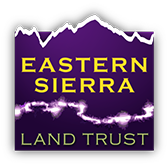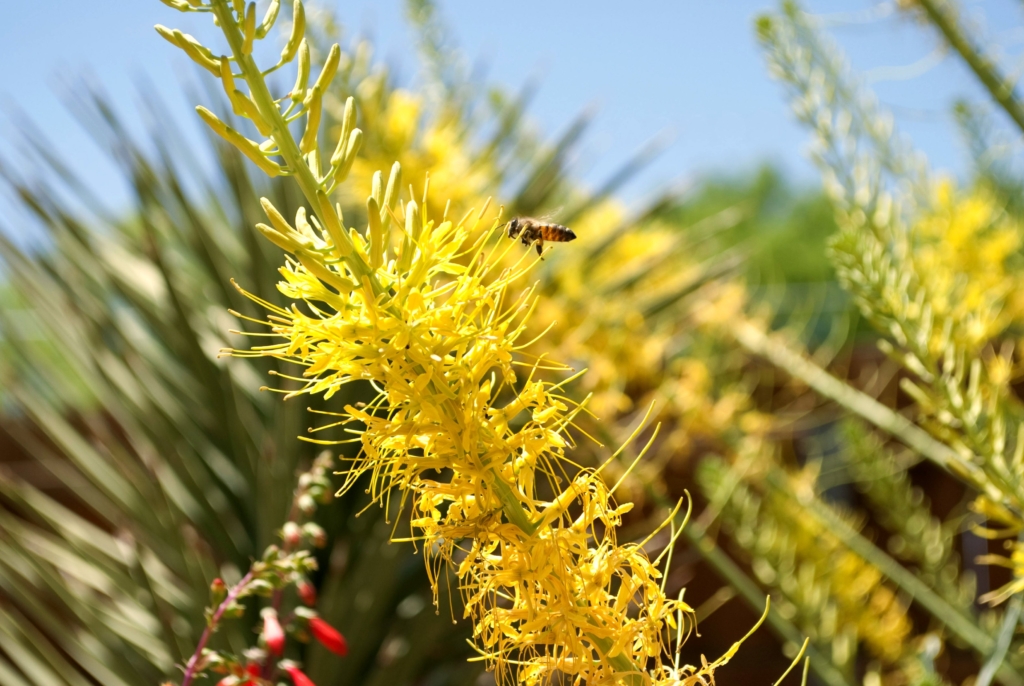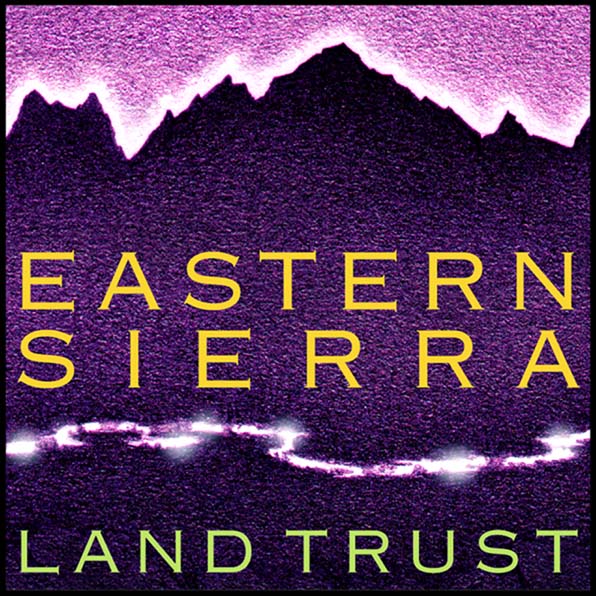 With the Eastside Pollinator Garden Project, Eastern Sierra Land Trust is helping gardeners throughout Inyo and Mono counties create and certify their own pollinator-friendly spaces.
With the Eastside Pollinator Garden Project, Eastern Sierra Land Trust is helping gardeners throughout Inyo and Mono counties create and certify their own pollinator-friendly spaces.
Start the process of creating your own certified pollinator garden today!
Generous support for our Eastside Pollinator Garden Project has been provided by the U.S. Fish & Wildlife Service. Thank you to our advisors:
Pollinator Garden Stories
Read stories from Eastern Sierra community members with certified pollinator gardens in an interactive story map created with generous support from ArcGIS and Esri.
A Blooming Backyard
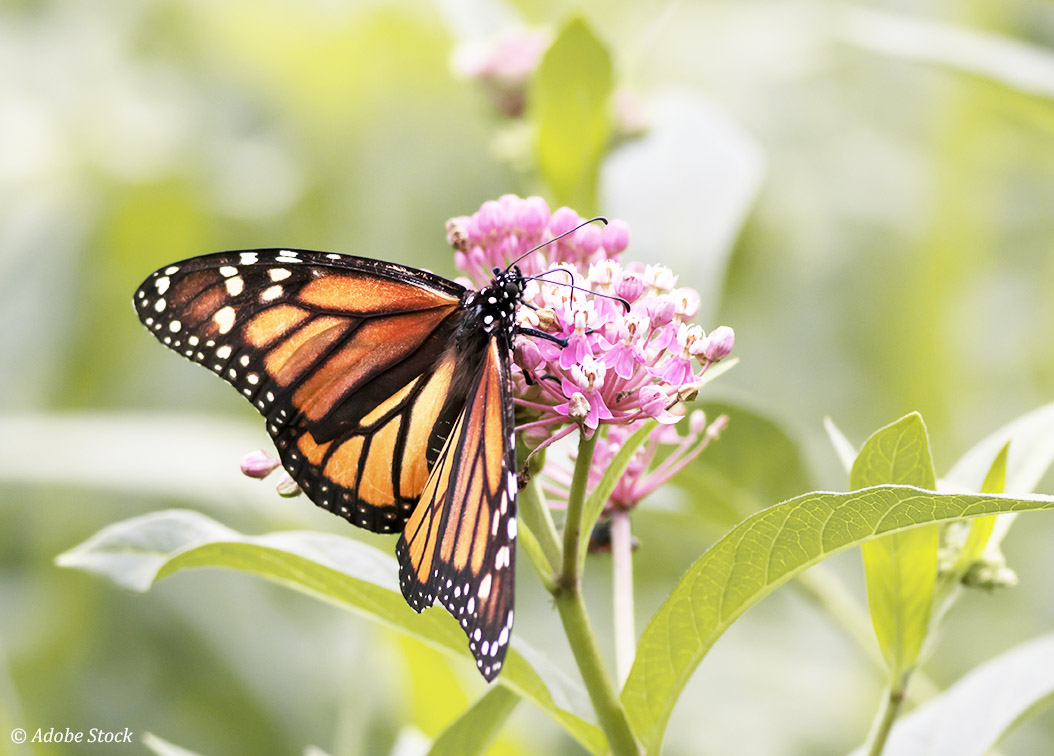 Do you know the secret to a blooming backyard? Sun and soil are important, but it’s butterflies, bees, and other pollinators like these that bring your garden to life year after year.
Do you know the secret to a blooming backyard? Sun and soil are important, but it’s butterflies, bees, and other pollinators like these that bring your garden to life year after year.
With one-third of our food supply and at least 80% of the world’s flowering plants depending on pollinators, their impact can be felt everywhere – from your backyard to your dinner plate.
Yet bees and butterflies are disappearing. Impacted by disease, pesticides, and the loss of open spaces, pollinators like these are now in danger. And as they suffer, so too does the beauty and productivity of the Eastern Sierra lands you care about – and all the families and wildlife that call this special place home.
However, there’s good news: you can be part of a lasting solution, helping to keep the Eastern Sierra thriving for years to come. How is that? By creating a beautiful, blooming haven for pollinators in your yard!
Start Your Eastside Pollinator Garden
Our Eastside Pollinator Garden Project is now certifying gardens and working lands throughout Inyo and Mono Counties. There are 5 simple steps to the certification process:
- Review our certification criteria. If you decide the project is right for you, fill out our Eastside Pollinator Garden Project Interest Form.
- Contact us to schedule a Garden Consultation. We’ll meet with you to discuss your pollinator garden space, offer suggestions, answer your questions, and help get you started.
- Create your pollinator garden! Once your garden is underway, we’ll schedule a Progress Check-In with you to help make sure you’ll be eligible to receive a $125 voucher for native plant purchases.
- Pick up your free native plants at the Plant Sale. You’ll receive 5 milkweed plants (valued at $25) and a voucher good for $100 worth of other native plants of your choosing. Add these new plants to your pollinator garden.
- Show off your garden and receive your Pollinator Garden certification plaque at your Final Garden visit.
Have additional questions? Get in touch – we’re here to help.
How ESLT Can Help
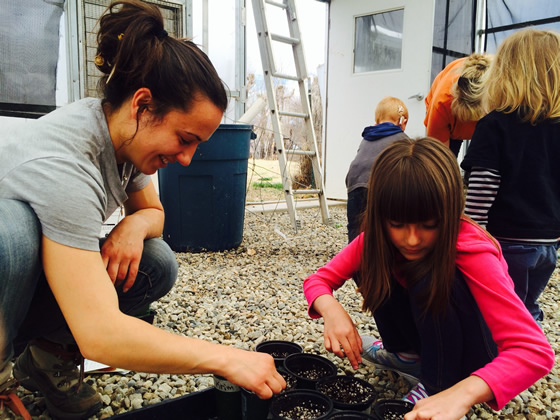
Our team at Eastern Sierra Land Trust is ready to help you bring your garden to life with pollinators. Signing up for the Eastside Pollinator Garden Project is completely free – and with your participation, you’ll receive:
- A complementary voucher for 5 milkweed and $100 worth of additional native plants, available at the California Native Plant Society’s annual Native Plant Sale over the summer.
- A free Certified Pollinator Garden Plaque to display once your garden has met the certification criteria.
- Access to our recommended plant lists, expert recommendations, and other resources.
- Invitations to gardening events and workshops in your area – including our annual Pollinator Party, a special celebration for gardeners participating in the Eastside Pollinator Garden Project.
Garden Certification Criteria
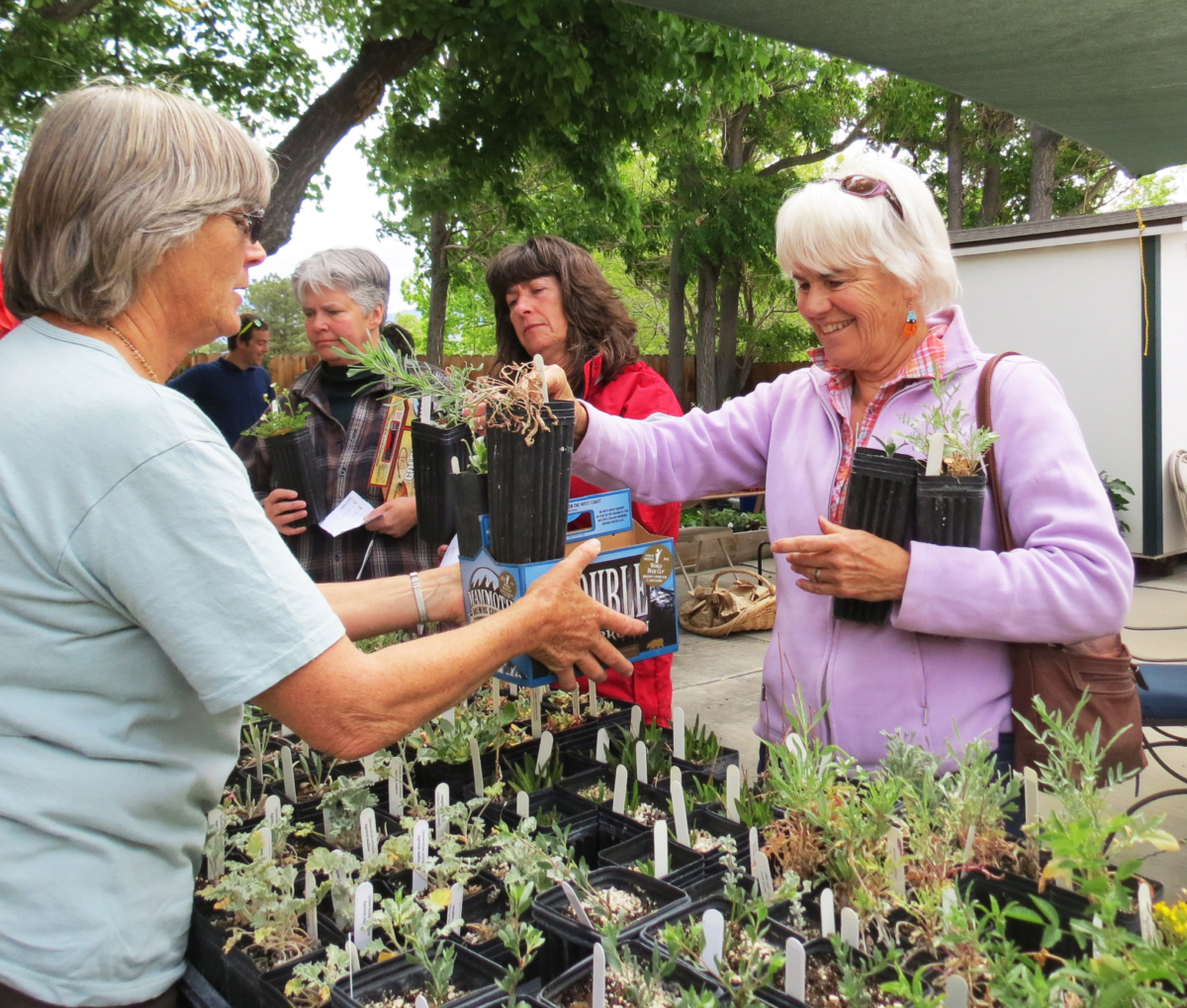
We have created certification criteria to help guide your landscaping plans and maximize your garden’s benefit to pollinators. Note: we are only able to provide one certification per property.
(Download the following certification criteria as a PDF)
Requirements:
- Three “Food” features
- Both of the two “Water” features
- Two “Shelter” features
- Plants native to California (preferably the Owens Valley) make up 50% of your Pollinator Garden space
- No pesticide/herbicide use.
- Minimal artificial lighting unless illuminating a structure or hazard
| Food Features | Water Features | Shelter Features |
|---|---|---|
| Clump plantings: plant each variety in groups of three (excepting trees)
Seasonality: your garden has three different bloom times Diversity: your garden has three different scents, three different flower types, and/or three different flower shapes One bird or butterfly feeder, such as:
Larval host plants, such as: Milkweed, Indian Paintbrush, Mallow, Hollyhock, Dill, Sunflower, and more |
One water source:
One water conservation measure:
|
Three canopy layers: for example, having flowers, shrubs, and trees all nearby
One natural shelter:
One constructed shelter:
|
Tips to Enhance your Pollinator Garden
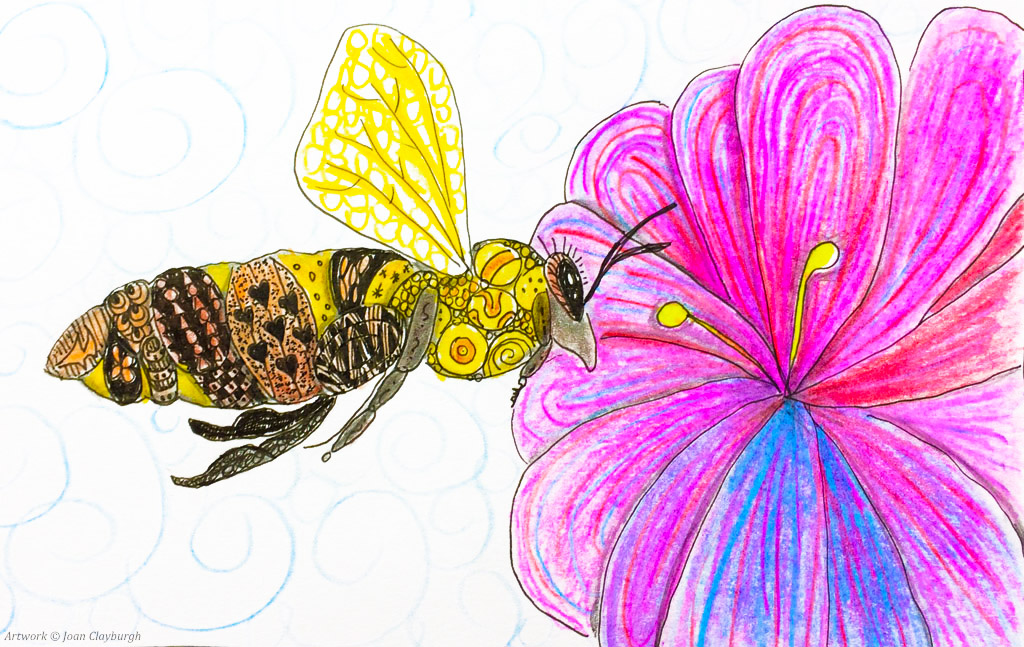
- Plant native wildflowers from our recommended plant list, and add shrubs and trees for additional diversity.
- Leave your earth bare: ground-nesting bees dig their nests in the dirt.
- Keep a moist, muddy spot available for butterflies – they get important nutrients and minerals from mud.
- Keep your cat indoors, build a “catio,” or put a “Birdbesafe” collar or bell on your feline friend. Cats kill up to 3.7 billion birds each year!
- Reduce bird-into-window collisions by breaking up external reflections with stickers or plastic wrap.
- Help spread the word. Talk to your neighbors, family, and friends about the project. By working together, we can keep pollinators thriving throughout the Eastern Sierra!
ESLT’s Virtual Pollinator Garden Workshop Series – 2020 & 2021
Before you break out your gloves and trowel, make sure to learn all about planning and growing your best pollinator-friendly garden with our Virtual Victory Garden Workshop series!
You can watch the videos here, or follow our YouTube channel to explore the entire series.
